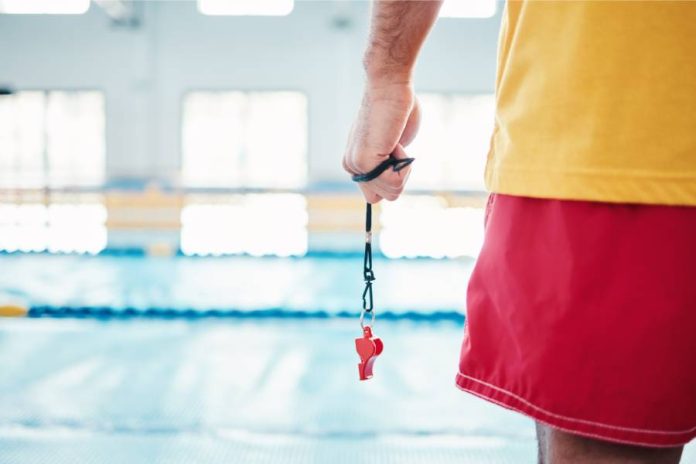A job that involves saving and protecting others is what some need to have a fulfilling career. While doctors and EMTs are obvious examples, a commonly overlooked role is that of the lifeguard. This position is one of adventure that promises excitement and the opportunity to save lives. However, it requires much more than just hanging out by a pool. We’re here to explore what it takes to become a trained lifeguard so you can ensure you’re ready for what lies ahead.
Must Be a Strong Swimmer
First things first, you need to be a strong swimmer. This requisite isn’t just about swimming laps; it’s about having the endurance and strength to rescue someone in distress. You’ll need to practice swimming in various conditions, including rough waters. Many training programs will require you to pass a timed swim test. Start building your stamina now by swimming regularly and challenging yourself with different strokes and distances.
Know How To Apply First Aid
Knowing how to apply first aid is crucial for every lifeguard. You must be ready to handle emergencies swiftly and efficiently. Training programs will teach you how to treat cuts, bruises, and more serious injuries such as sprains and broken bones. However, you should also know why basic first aid knowledge is important not only for this career path but also in general. Try to find first aid courses through local community centers or the Red Cross. Confidence in your first aid skills will make you more effective in emergencies and even help you save a life.
Proficiency With CPR
CPR proficiency is another essential skill for lifeguards. Every second counts in a potential drowning emergency and knowing how to perform CPR can mean the difference between life and death. You must learn how to correctly administer chest compressions and rescue breaths. Many certification programs are available, and most lifeguard training courses will include CPR training. Practice these techniques regularly to ensure you’re always ready to act.
Ability To Act in a Crisis
Finally, having the ability to act quickly and decisively in a crisis is mandatory for lifeguards. This ability isn’t something you can necessarily train for. It involves staying calm under pressure, assessing the situation accurately, and making swift decisions. While training programs often include simulated emergencies to help you develop these skills, nothing is as accurate as the real thing.
This list of attributes defines what it takes to become a trained lifeguard. Make sure you know how well you can handle yourself in emergency situations before pursuing lifeguarding as a career.






















